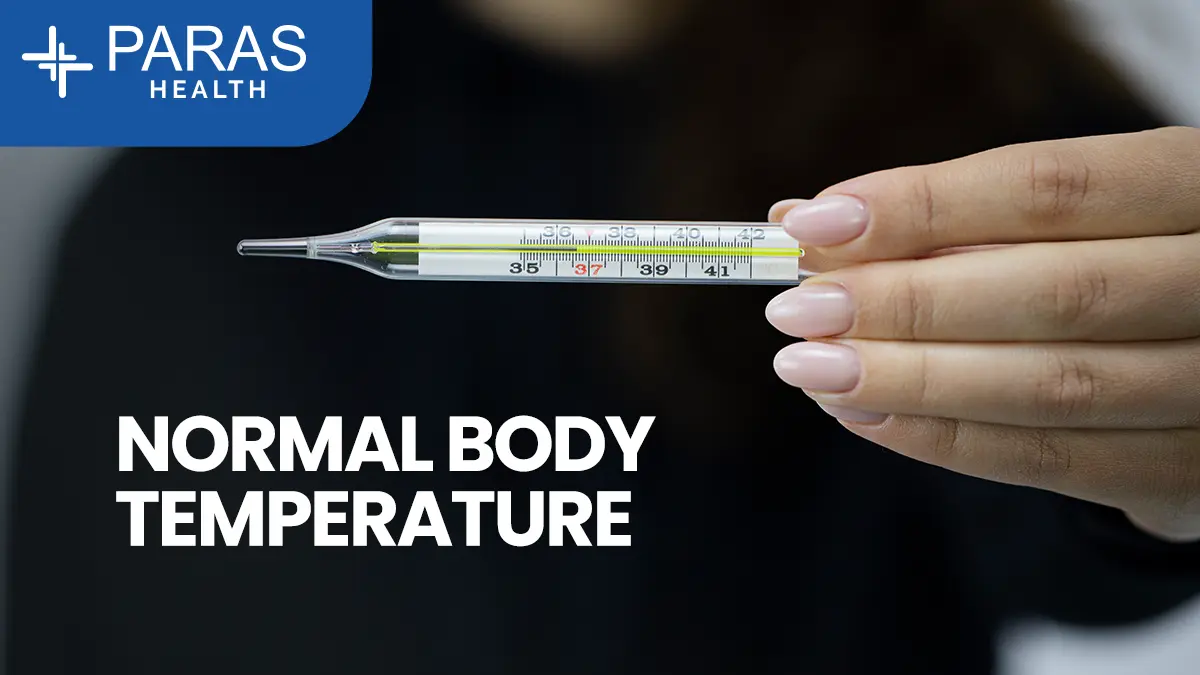Symptoms of Vitamin D Deficiency: Early Signs You Shouldn’t Ignore
May 20, 2025
Do you often feel tired, achy, or low on energy for no clear reason? If yes, your body might be trying to tell you something — like a vitamin D deficiency. While this "sunshine vitamin" plays a crucial role in keeping your bones strong and immune system healthy, a lack of it can cause a wide range of health problems.
Let’s explore the common symptoms of vitamin D deficiency, how it affects your body, and what to do if you suspect your levels are low.
Why Vitamin D Matters
Vitamin D helps your body absorb calcium, which is essential for bone health. It also supports:
- Immune function
- Muscle strength
- Mood regulation
- Inflammation control
Most people get vitamin D from sunlight, food, or supplements. But due to lifestyle, age, or diet, many end up with low vitamin D levels without even realizing it.
What Are the Symptoms of Vitamin D Deficiency?
Fatigue and Low Energy
One of the earliest and most overlooked signs of vitamin D deficiency is constant fatigue. Even after a good night’s sleep, you may still feel drained or sluggish throughout the day.
Bone and Back Pain
Vitamin D plays a key role in calcium absorption. If you’re experiencing bone pain, especially in the lower back or legs, it could be a warning sign of low vitamin D.
Muscle Weakness
If your muscles feel weak or sore more than usual — especially after minor physical activities — a vitamin D deficiency might be the reason.
Frequent Illnesses or Infections
A weakened immune system is another major symptom. If you often catch colds or infections, your vitamin D levels might be too low to keep your immune system functioning properly.
Hair Loss
Significant hair thinning or hair loss can sometimes be linked to vitamin D deficiency, especially in women. It plays a role in the creation of new hair follicles.
Mood Changes & Depression
Several studies link low vitamin D levels with mood disorders, including depression and anxiety. If you’re feeling unusually low or irritable, it might be more than just stress.
Slow Healing of Wounds
If your cuts and bruises are taking longer than usual to heal, it could be because vitamin D is involved in cell repair and regeneration.
Sleep Issues
Trouble falling asleep or staying asleep may also be related to vitamin D deficiency. Research shows it may help regulate your sleep cycle.
Who Is at Risk of Vitamin D Deficiency?
You might be more likely to experience the symptoms of vitamin D deficiency if:
- You spend little time outdoors
- You always wear sunscreen or cover your skin
- You have darker skin (which reduces vitamin D synthesis)
- You’re over the age of 60
- You have a condition that affects absorption (e.g., Crohn's, celiac)
What Causes Vitamin D Deficiency?
Common causes include:
- Lack of sun exposure
- Poor diet (especially in vegans or lactose-intolerant individuals)
- Kidney or liver issues
- Obesity (vitamin D gets stored in fat and is less available for use)
How Is Vitamin D Deficiency Diagnosed?
A simple blood test (25-hydroxy vitamin D) can measure your vitamin D levels. Based on the results, your doctor may recommend lifestyle changes, dietary additions, or supplements.
How to Boost Vitamin D Levels
Sunlight:
Aim for 10–30 minutes of sunlight on your skin several times a week.
Diet:
Include foods like:
- Fatty fish (salmon, tuna)
- Fortified milk and cereals
- Egg yolks
- Mushrooms
Supplements:
If levels are too low, your doctor may suggest vitamin D3 supplements for quick recovery.
Final Thoughts: Listen to Your Body
The symptoms of vitamin D deficiency can be subtle but significantly affect your health and quality of life. If you’re experiencing any of the above signs — from fatigue to frequent illness — talk to your doctor and get tested.
With timely intervention, simple lifestyle and dietary changes can restore your vitamin D levels and improve your overall well-being.
Concerned About Vitamin D Deficiency?
Talk to our specialists at Paras Health for expert diagnosis and care.
📱 Call Now: 8080808069
📍 Available at our hospitals across Gurgaon, Panchkula, Patna, Ranchi, Kanpur, Darbhanga, Srinagar, Udaipur
FAQs on Vitamin D Deficiency
Can vitamin D deficiency cause joint pain?
Yes, especially in the knees, back, or hips due to its role in calcium regulation.
What’s the normal vitamin D level in a blood test?
Typically, 20–50 ng/mL is considered normal. Below 20 is considered deficient.
How long does it take to recover from vitamin D deficiency?
With proper supplementation, most people see improvement within 6–8 weeks.








 (1).webp)
